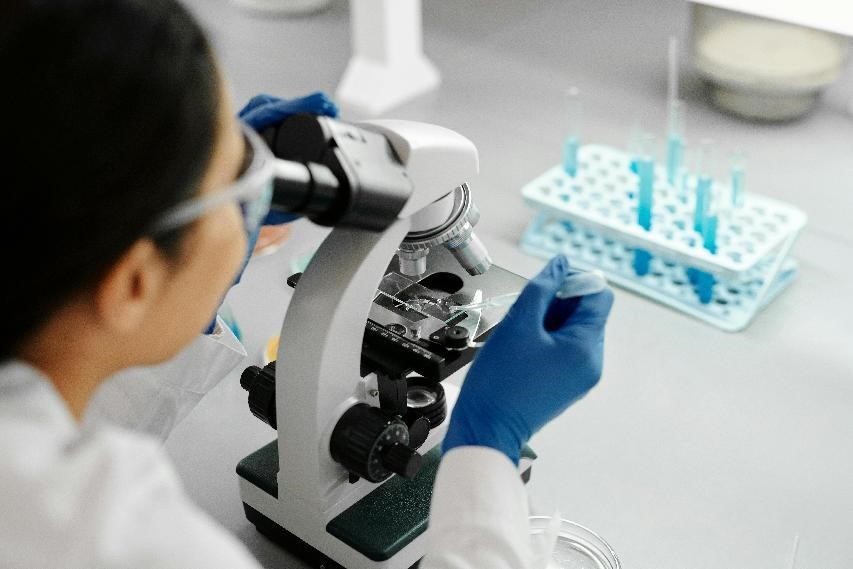Hello! I'm delighted to provide you with exclusive one-on-one consultation.
How can I assist you?
What is the process and cost of egg freezing?


IVF treatment is a precise medical journey against time, and the HCG trigger shot plays a crucial role in this process. This seemingly simple procedure embodies complex scientific principles and clinical expertise, serving as a pivotal step in helping eggs mature and release from their follicles. Understanding the function, procedure, and scientific basis behind the HCG trigger shot provides patients with deeper insights into their IVF cycle and helps alleviate anxiety.
How the Trigger Shot Supports Oocyte Maturation
The primary function of the HCG trigger shot is to mimic the luteinizing hormone (LH) surge in the body. This hormone surge is an essential part of natural reproduction, as it not only stimulates the final stage of meiotic division in oocytes but also facilitates the breakdown of cumulus cells, clearing the way for egg retrieval. Without the support of the HCG trigger shot, oocytes may struggle to reach the optimal maturity required for fertilization.
The Precision of HCG Injection
Administering the HCG trigger shot requires precision and strict adherence to timing. The injection is typically scheduled 34–36 hours before egg retrieval, and this timing is tailored to the patient’s specific follicular development. If not properly timed, the entire IVF cycle’s success rate may be compromised.
In clinical practice, doctors ensure injection accuracy through the following steps:
1. **Real-time Ultrasound Monitoring**: Observing follicle size, particularly whether the leading follicles have reached the ideal diameter.
2. **Hormone Level Assessment**: Monitoring changes in estradiol and LH to ensure that the endocrine environment is optimal.
3. **Customized Protocols**: Adjusting the timing of the trigger shot based on the patient’s treatment history and current cycle response.
Physiological Changes Post-HCG Injection
After the HCG trigger shot, the ovaries undergo a series of significant physiological changes. Cumulus cells gradually loosen, and the connection between the egg and follicle wall weakens, initiating the countdown to ovulation. During this phase, patients may experience mild bloating or discomfort, which is a normal physiological response indicating that the oocytes are preparing for retrieval.
Though the HCG trigger shot seems simple, it marks a critical turning point in IVF treatment. From egg maturation to the final stages of embryo development, each step demands meticulous scientific guidance and professional medical support.

Currently, IVF USA offers services such as egg freezing and IVF-PGT in the U.S. and has expanded its operations to include IVF and egg freezing services in Japan, Thailand, Taiwan, Hong Kong, and other regions. IVF USA, led by Dr. Nathan Zhang and his team, ensures precision in every detail to deliver more efficient treatment plans for patients. If you wish to learn more about specific stages of the IVF process, feel free to contact IVF USA, where we are dedicated to providing personalized treatment recommendations.


Online Customer Service

In-Vitro Fertilization (IVF)

Female Egg Freezing

Fertility Assessment

Scan for Consultation

Back to Top